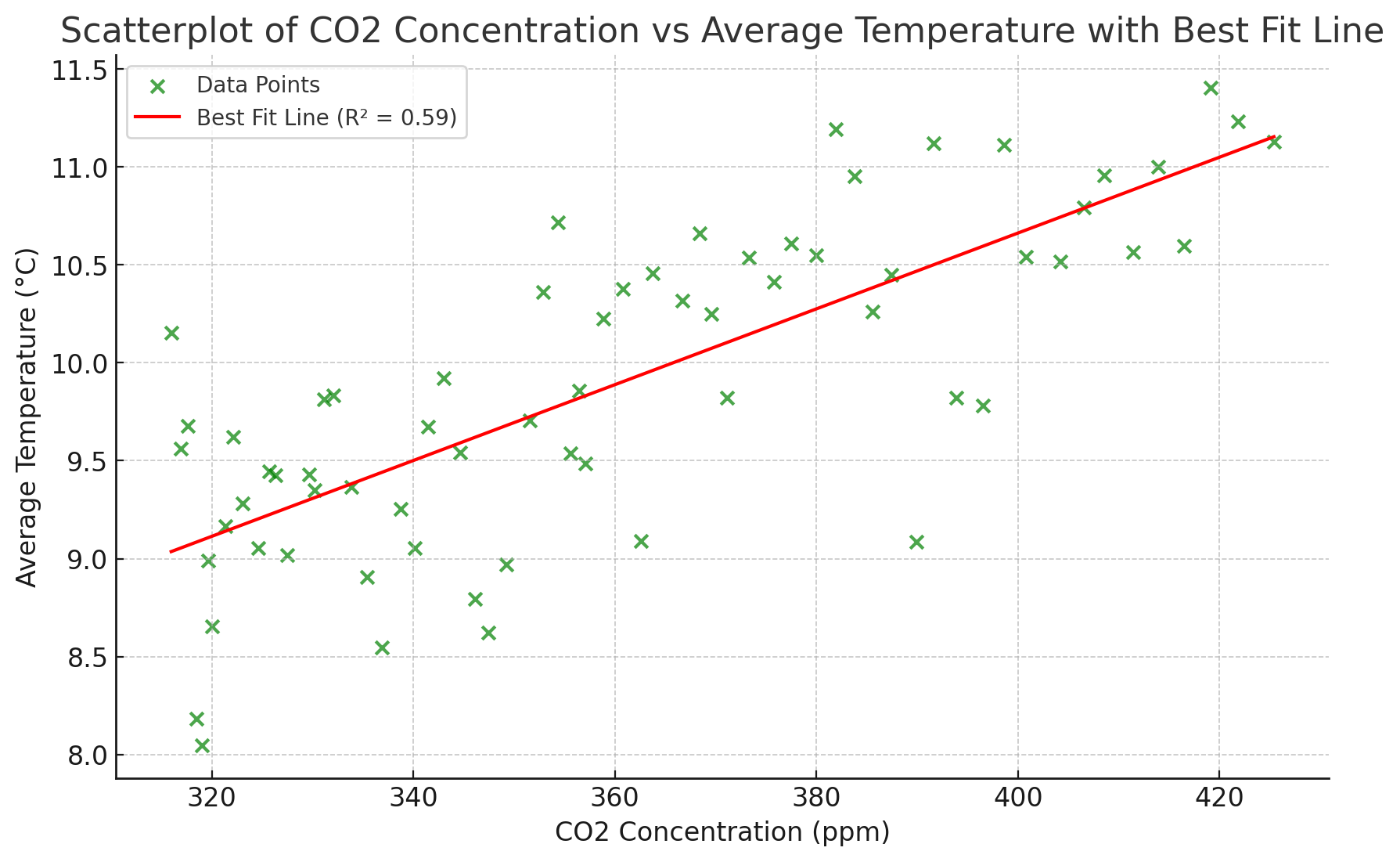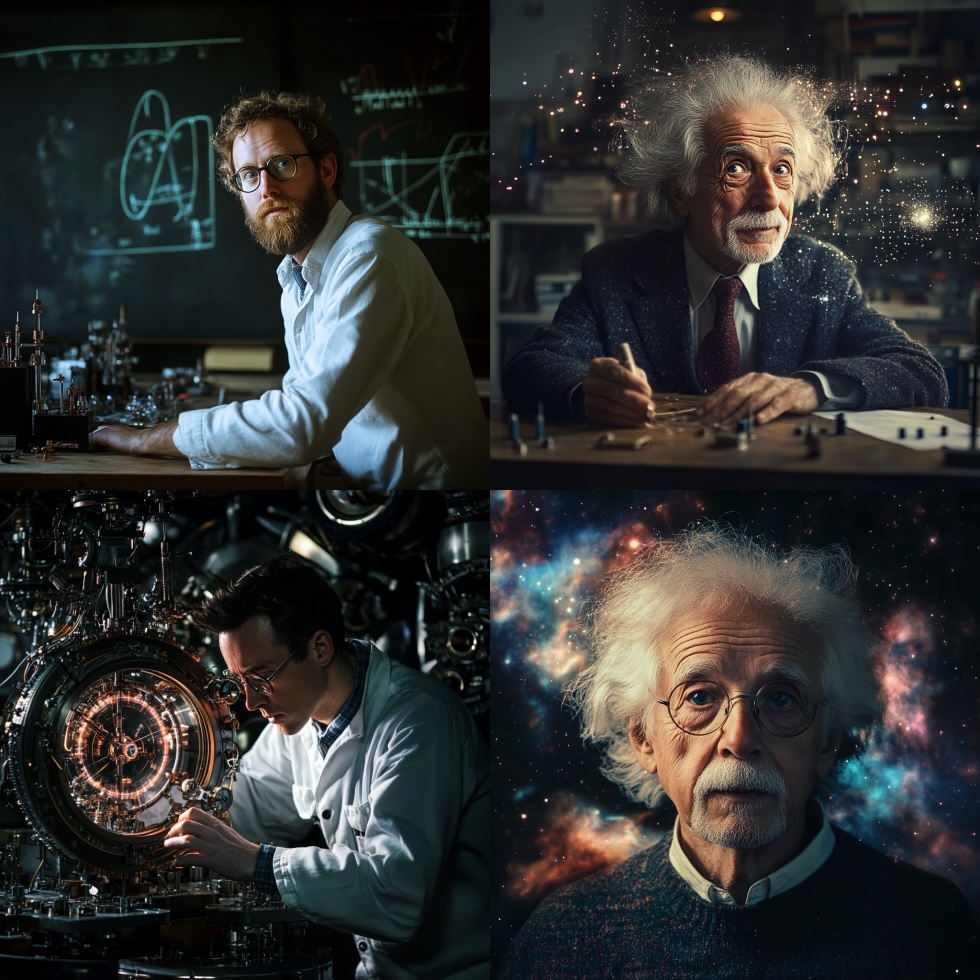AI and the science teacher
Jan 11, 2025
Generative AI’s impact, and potential impact, on teaching, learning and even the way we do science is undeniable.
AI’s Role in Education
AI is reshaping how we teach and learn. I use a three-layer model to explain this: foundations, applications, and implications.
- Foundations: AI learns from vast datasets, recognising patterns rather than being programmed explicitly.
- Applications: AI supports teachers by generating lesson plans, quizzes, and reducing workload, and allows pupils to get detailed feedback and pursue their own learning interests
- Implications: AI influences students’ learning, future study and employment and the future of science.
AI as a Teaching Assistant
AI can help teachers by generating structured lesson plans and knowledge organisers. Tools like Chat GPT and TeachMate can reduce workload by drafting reports and quizzes. While helpful, AI requires careful oversight—teachers’ expertise remains essential.
Students Using AI: Ethical Boundaries
Students are already using AI. The key question is: where do we draw the line? Using AI for explanations or idea generation seems acceptable, and smart students can use it for data analysis or to get feedback on notes and exercises. Using it to complete entire assignments raises ethical concerns. JCQ regulations hold schools responsible for verifying student work, but as AI improves, this challenge grows. Teaching students to use AI responsibly is more practical than banning it.

AI’s Bias and Environmental Cost
AI mirrors its training data, often reinforcing biases. I demonstrated this by generating AI images of physicists and biologists. Bias is also an issue in AI-generated text, requiring careful evaluation.
Another concern is AI’s environmental footprint. The energy consumption required for training, and even using, AI tools raises questions about responsible use. Just because AI can do something doesn’t mean it should.

The Future of Knowledge
As AI advances, its role in research grows. Tools like Google’s AlphaFold have solved scientific problems once thought intractable. Will AI become the researcher, leaving humans to interpret results, or will humans still set the agenda for scientific inquiry? Education must prepare students to think critically, ensuring AI enhances learning rather than replacing it.
Final Thoughts
AI in education offers immense potential, but ethical considerations must guide its use. Learning requires active engagement—AI can support but not replace this process. Let’s continue the conversation: how do you see AI shaping education?
Based on my keynote at the Association for Science Education’s annual conference, 11 January 2025, University of Nottingham.
Share